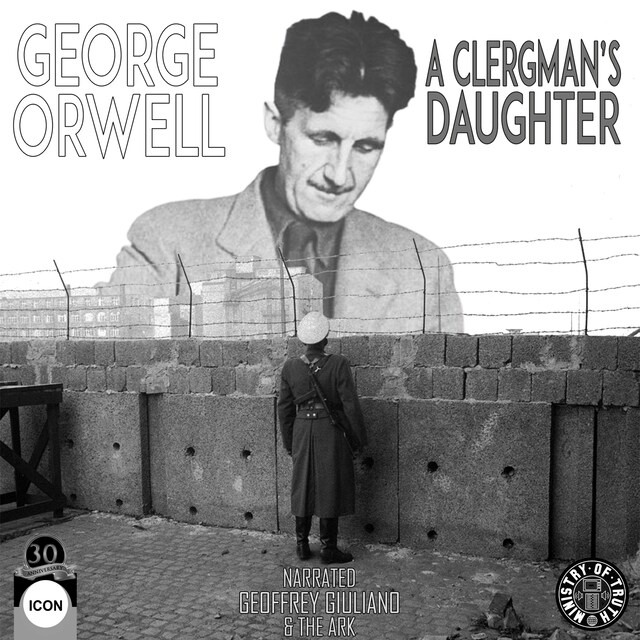
A Clergyman's Daughter
Buchbeschreibung
A Clergyman's Daughter is a 1935 novel by English author George Orwell. It tells the story of Dorothy Hare, the clergyman's daughter of the title, whose life is turned upside down when she suffers an attack of amnesia. It is Orwell's most formally experimental novel, featuring a chapter written entirely in dramatic form, but he was never satisfied with it and he left instructions that after his death it was not to be reprinted. Despite these instructions, Orwell did consent to the printing of cheap editions "of any book which may bring in a few pounds for my heirs" following his death.
George Orwell, was an English novelist, essayist, journalist and critic. His work is characterized by lucid prose, biting social criticism, total opposition to totalitarianism, and outspoken support of democratic socialism.
Orwell produced literary criticism and poetry, fiction and polemical journalism. He is known for the allegorical novella Animal Farm (1945) and the dystopian novel Nineteen Eighty-Four (1949). His non-fiction works, including The Road to Wigan Pier (1937), documenting his experience of working-class life in the north of England, and Homage to Catalonia (1938), an account of his experiences soldiering for the Republican faction of the Spanish Civil War (1936–1939), are as critically respected as his essays on politics and literature, language and culture. In 2008, The Times ranked George Orwell second among "The 50 greatest British writers since 1945".
Orwell's work remains influential in popular culture and in political culture, and the adjective "Orwellian"—describing totalitarian and authoritarian social practices—is part of the English language, like many of his neologisms, such as "Big Brother", "Thought Police", "Two Minutes Hate", "Room 101", "memory hole", "Newspeak", "doublethink", "unperson", and "thoughtcrime", as well as providing direct inspiration for the neologism "groupthink".
©2022 Eden Garret Giuliano (P) 2021 Eden Garret Giuliano
Format:
Sprache:
Englisch


